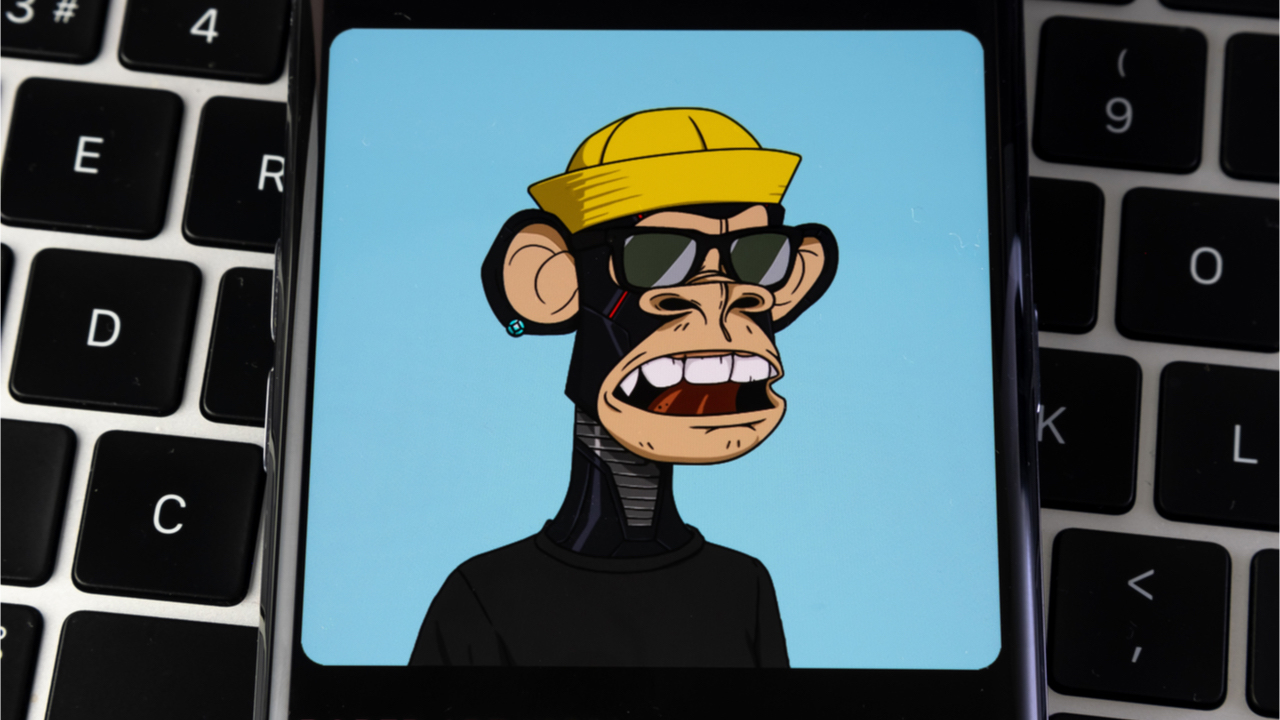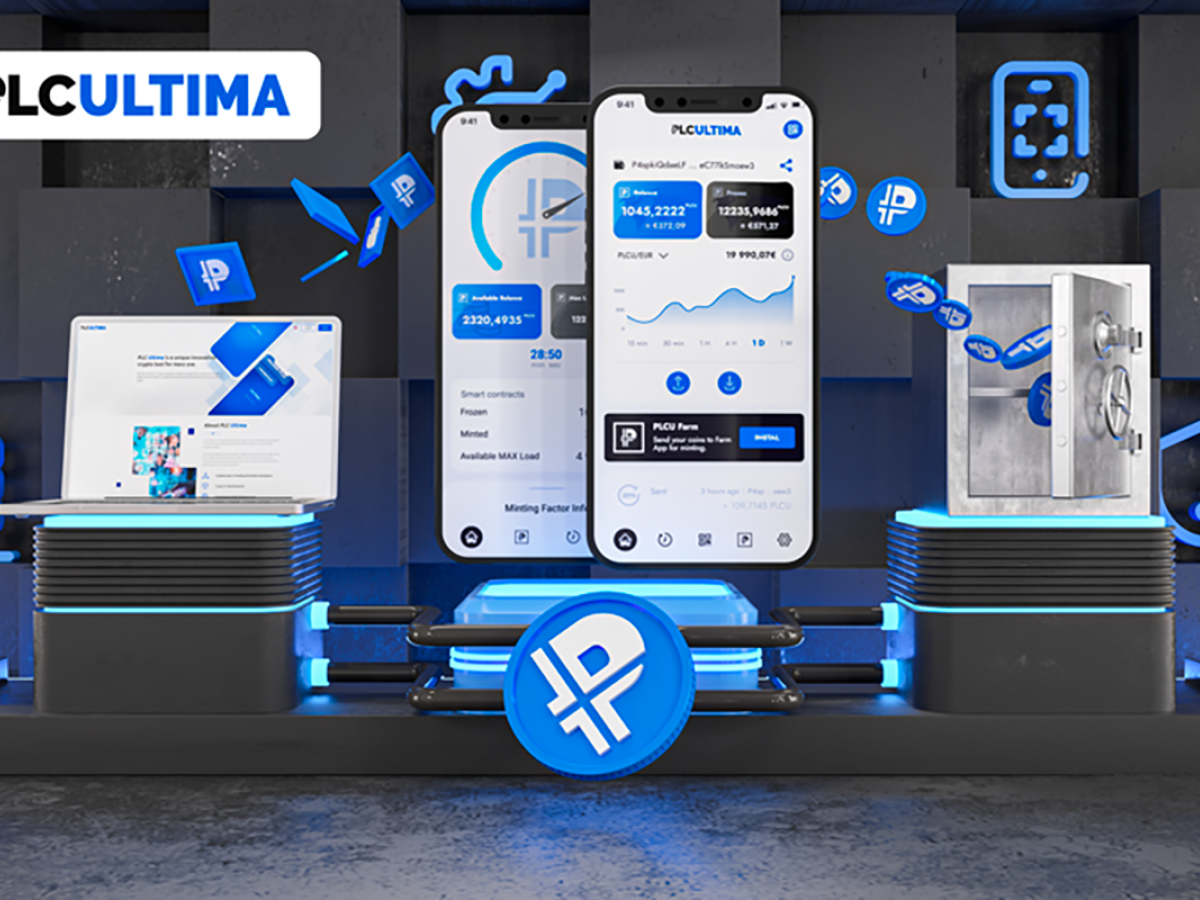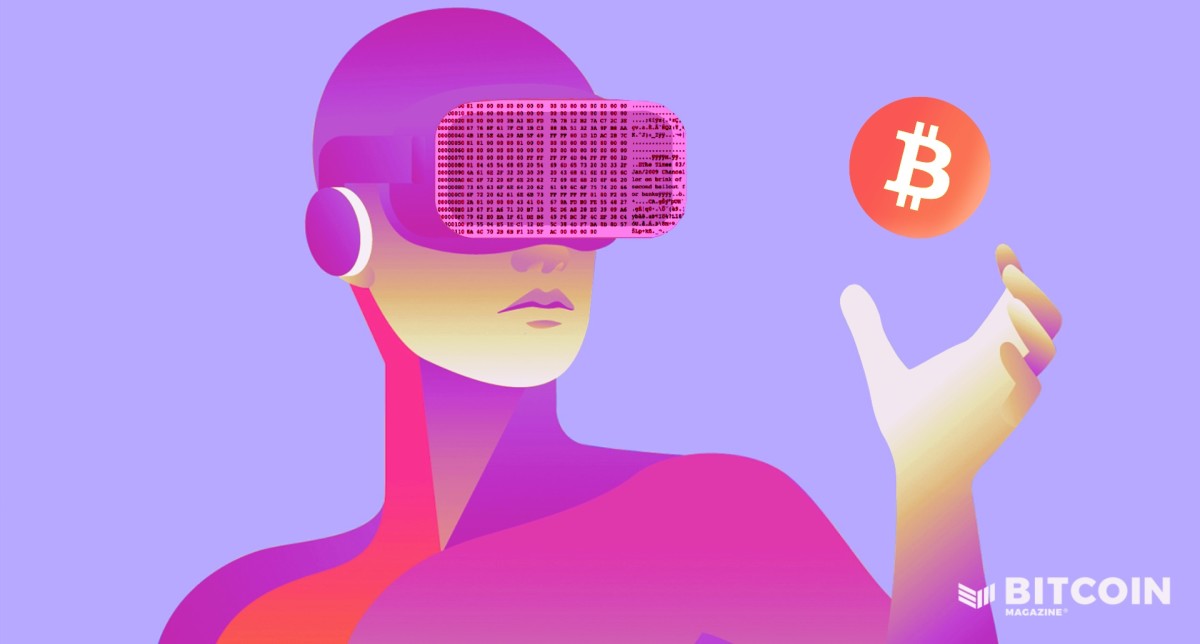Content constitutes the essence of the Internet and comes in many different forms that support the current Web 2 Internet iteration – text, audio, video or a mixture of all three. However, the material is hardly a free resource. It is content creators who are now becoming opinion leaders, influencers and trusted by many important services businesses such as advertising, marketing and public relations management.
The need for content and its striving for independence – embodied by thousands of bloggers and indie artists – has spawned a massive online economy that trades talent and often rakes in sales volume, earning many top-notch artists. salute you for This economy has been dubbed the producer economy: a financial structure that allows independent individuals to earn on their self-expression by feeding viewers the type of content they are willing to pay to consume.
a growing force
The maker economy is a tremendous force: a unique, online phenomenon that surpassed the $104 billion market size threshold at the end of 2021. Given the snowballing demand for new content on popular platforms, such as TikTok, which empowers independent artists and artists, experts are hesitant to forecast the potential market size of the creator economy in the near future.

The reason for the lack of tangible predictions is that the producer economy is an extremely young phenomenon that was triggered by the COVID-19 pandemic. The lockdown sparked a wave of talent among those confined indoors, resulting in a release of creativity that others who were sharing the confinement were eager to consume the much-needed entertainment.
Connected: The Best Is Yet to Come: What’s Next for Blockchain and the Maker Economy
Given that micro-entrepreneur creators are closely related to influencer marketing, which accounts for approximately $13.8 billion in market size, it is possible to understand the possibility that the phenomenon could expand further. More importantly, experts believe that the transition to a new technological medium will allow content creators to overwhelm markets and industries with new opportunities for product and service promotion.
decentralization of talent
More than 50 million creators are driving their talent economy, attracting more than $800 million in venture capital. Such figures are only a shadow of what they may become later, as new locations become increasingly available.
The development of blockchain technologies has resulted in a massive revolution in financial markets, empowering individuals rather than institutions and bringing ownership of data and funds to their holders. The virtues of blockchain – immutability, complete transparency and the trustworthy nature of operations – have permeated many industries, tilting the balance of business orientation from centralized corporate dependency to decentralization. This change in the basic concepts governing relationships between participants, facilitated by smart contracts, has gone unnoticed in the producer economy.
With the decentralized finance and gamefi sectors marshalling into their respective industries and crowdfunding users away from traditional approaches to banking and gaming, it was only a matter of time before influencers and content creators decided to change the paradigm in their operating environments. decided. The content creation model has been changed forever with the inclusion of blockchain technologies that allow users to incentivize content creators while creators actually use their talents without sharing income with centralized, often-unfair hosting platforms. can monetize.
Connected: The DAOs are the foundation of Web3, the future of the maker economy and work
go metaverse
The development of the Metaverse – a fully digital environment powered by blockchain on Web 3 and virtual reality – will herald a new era in content creation. Talent did not have access to such advanced tools to embellish even the biggest ideas on the threshold of the real and digital world.

The Metaverse allows creators to watch anything from an opera concert in the void of space against a backdrop of nebulae to a blog stream on a deserted island in stunning graphical detail. Anything creative can be implemented in the metaverse for the benefit of all parties involved. By relying on the metaverse’s limitless opportunities in the incorporation of virtual reality, content creators will be able to unleash their creativity and allow it to roam wild. Such promises of unseen quality of content can only be described as honeysuckle to an eager audience of viewers who yearn for greater variety in the types of content consumed – and, more importantly, new experiences. .
Metaverse’s blockchain base offers even greater benefits for content creators, as it allows them to employ a variety of mechanisms to monetize their content through the multifaceted nature of internal cryptocurrencies. Users can stake their digital assets on specific creators, encouraging them to release more of a certain type of content. Others can pay to access exclusive content, while others can reward their favorite creators with donations. There are many avenues of monetization, and content creators can always be sure that their talent will be paid for and that no hosting platform can take away their earnings.

The Metaverse holds even more attractive prospects for businesses in terms of content-creator economy permissions. Marketing, advertising and promotion generally get a new lease on growth with content that can be tailored in endless ways and seamlessly integrated into select creators’ channels. The Metaverse gives businesses an entirely new frontier for deployment and audience reach, and creators are the takeoff ramps that can showcase products and services in front of their followers—for a price.
in digital vision
The Metaverse is the next iteration of the Internet as we know it today: a completely user-centered environment that serves the purpose of taking creativity to a whole new level. However, audiences will not be the only source of revenue for content creators, as businesses are eager to tap into this lucrative space and take advantage of the possibilities offered by native, organic and highly versatile advertising integration into virtual reality content. .
This article does not contain investment advice or recommendations. Every investment and trading move involves risk, and readers should do their own research when making a decision.
The views, opinions and opinions expressed here are those of the author alone and do not necessarily reflect or represent the views and opinions of Cointelegraph.
johnny lew He is the CEO of KuCoin, one of the largest cryptocurrency exchanges, which was launched in 2017. Prior to joining KuCoin, he had accumulated abundant experience in the e-commerce, auto and luxury industries.

















